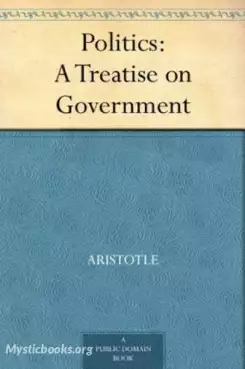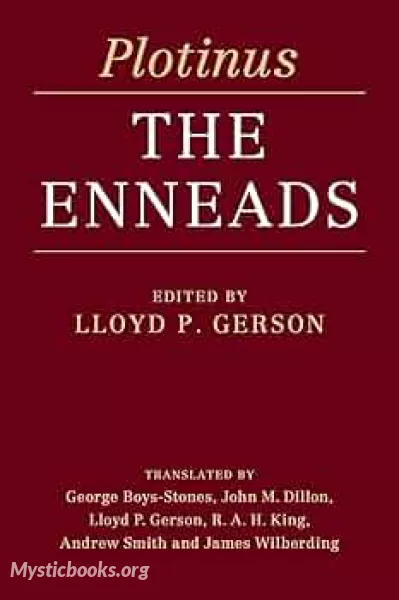
Enneads
by Plotinus
'Enneads' Summary
The Enneads by Plotinus is a collection of 54 philosophical treatises that explore the nature of reality, the human soul, and the path to union with the divine. Plotinus's philosophy is complex and sophisticated, but at its core, it is a quest to understand the One, or the Good, as the ultimate source of all existence.
The Story of the Enneads*
The Enneads is not a systematic work of philosophy. Rather, it is a collection of essays that Plotinus wrote over the course of many years. The essays are arranged into nine groups, or enneads, each of which deals with a different aspect of Plotinus's philosophy.
The first ennead deals with the nature of the One, or the Good. Plotinus argues that the One is beyond being and non-being, and that it is the source of all things that exist. He also argues that the One is simple, indivisible, and eternal.
The second ennead deals with the Intellect, which is the first level of emanation from the One. The Intellect is the realm of ideas and forms. Plotinus argues that the Intellect is eternal, immutable, and perfect.
The third ennead deals with the Soul, which is the second level of emanation from the One. The Soul is the realm of life and consciousness. Plotinus argues that the Soul is immortal, but that it is also capable of falling into the material world.
The fourth ennead deals with the virtues, which are the qualities that enable the Soul to ascend to the One. Plotinus argues that the virtues are essential for living a good and happy life.
The fifth ennead deals with Providence, which is the divine plan that governs the universe. Plotinus argues that Providence is benevolent and that it ensures that everything happens in the best possible way.
The sixth ennead deals with the Beautiful. Plotinus argues that the Beautiful is a manifestation of the One and that it is the source of all pleasure and joy.
The seventh ennead deals with the eternity of the world. Plotinus argues that the world is eternal, but that it is also constantly changing.
The eighth ennead deals with the descent of the Soul. Plotinus argues that the Soul descends into the material world in order to gain experience and to learn how to return to the One.
The ninth ennead deals with the Intellect and the Ideas. Plotinus argues that the Intellect is the source of the Ideas and that the Ideas are the blueprints for all things that exist.
The Essence and Spirit of the Enneads*
The essence and spirit of the Enneads is the search for union with the One. Plotinus believes that the One is the ultimate source of all reality and that all beings are striving to return to it. He argues that this can be achieved through a process of purification and illumination.
Purification involves freeing oneself from the distractions of the physical world and the lower levels of reality. Illumination involves gaining knowledge of the One and becoming united with it.
Plotinus's philosophy is deeply optimistic. He believes that all beings have the potential to achieve union with the One and that this is the ultimate goal of human life.
Conclusion
The Enneads is a challenging but rewarding read. It is a work of profound philosophical depth and spiritual insight. It has had a profound influence on Western philosophy, religion, and mysticism, and it continues to be relevant today for anyone seeking to understand the nature of reality and their place in it.
Book Details
Language
EnglishOriginal Language
GreekPublished In
Genre/Category
Tags/Keywords
Authors
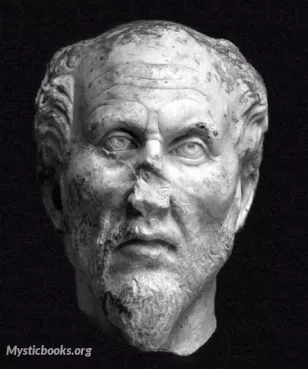
Plotinus
Roman Empire
Plotinus (204/5–270 CE) was a Hellenistic Platonist philosopher, born and raised in Roman Egypt. He is considered the founder of Neoplatonism, a philosophical system that combines elements of Platonis...
Books by PlotinusDownload eBooks
Listen/Download Audiobook
- Select Speed
Related books

Death by Maurice Maeterlinck
Maurice Maeterlinck's 'Death' delves into the profound and universal human fear of death. Examining the cultural and societal roots of this anxiety, M...

Psalms: Three Classic English Translations by King James Version
The Psalms are a collection of 150 religious poems that are traditionally attributed to King David. They are part of the Hebrew Bible and have been an...
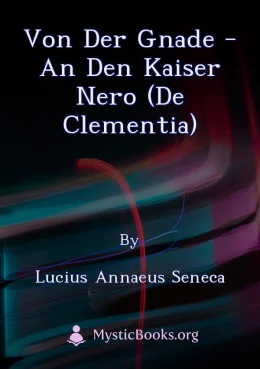
Von der Gnade - An den Kaiser Nero (De Clementia) by Lucius Annaeus Seneca
In "De Clementia" (On Clemency), Seneca, a Roman Stoic philosopher and advisor to Emperor Nero, explores the concept of clemency as a virtue of good g...

Christian Patience: The Strength and Discipline of the Soul by William Bernard Ullathorne
This book delves into the concept of Christian patience as a foundational virtue, examining its nature and its role in strengthening other virtues. It...

Stoicism by George Stock
This short book is part of the Philosophies Ancient and Modern series, which attempts to make Western philosophy more accessible to the general public...
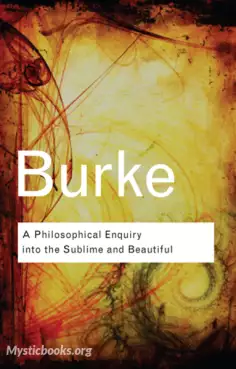
A Philosophical Enquiry by Edmund Burke
Burke's A Philosophical Enquiry is an important treatise in the history of philosophical aesthetics, putting forth a theory of two concepts of central...

Rhodora by Ralph Waldo Emerson
To celebrate Earth Day, LibriVox volunteers bring you six different recordings of The Rhodora, by Ralph Waldo Emerson. This was the weekly poetry proj...
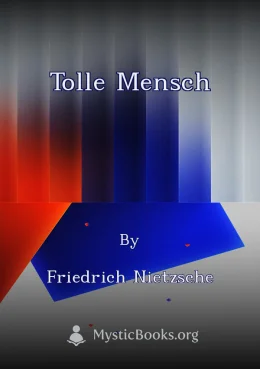
Tolle Mensch by Friedrich Nietzsche
“Der tolle Mensch” ist der Aphorismus 125 aus dem dritten Buch der “Fröhlichen Wissenschaft” und befaßt sich mit dem Thema “Gott ist tot”. Der stilist...
Reviews for Enneads
No reviews posted or approved, yet...

